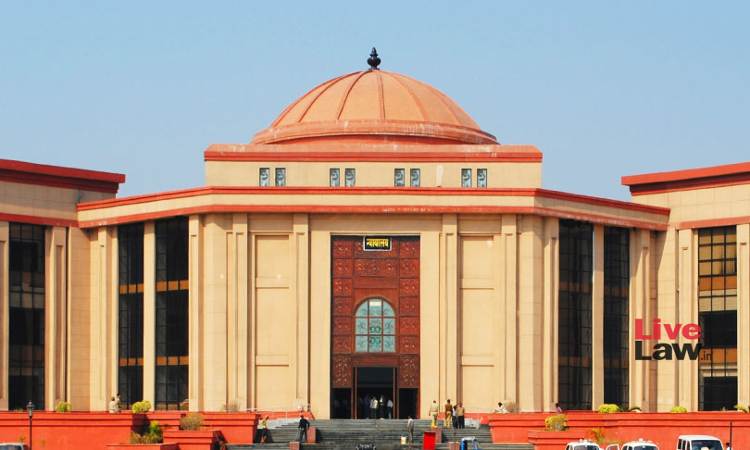Unmarried Daughter Can Claim Marriage Expenses From Parents Under 'Hindu Adoptions & Maintenance Act': Chhattisgarh High Court
Sparsh Upadhyay
1 April 2022 9:01 AM IST

Next Story
1 April 2022 9:01 AM IST
The Chhattisgarh High Court recently held that an unmarried daughter can claim marriage expenses from her parents under the provisions of the Hindu Adoptions and Maintenance Act, 1956.The bench of Justice Goutam Bhaduri and Justice Sanjay S. Agrawal held thus while hearing and allowing a petition filed by a 35-year-old woman, Rajeshwari.The case in brief Appellant/Rajeshwari moved an...
